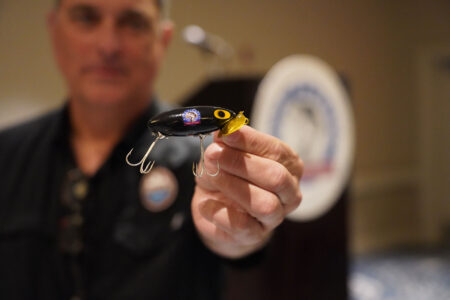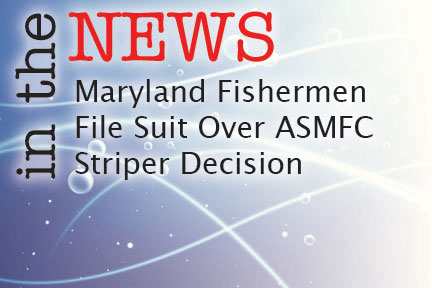In the days following the April 7th vote by the New Jersey Marine Fisheries Council on a “slot” option for summer flounder in 2022, quite a few members of the angling public came out in vocal opposition to the decision, signing petitions to override the vote while criticizing the “virtual” meeting environment.
Saltwater anglers are not necessarily alone in their criticism of the process. In fact, a new study released by the New Jersey Foundation for Open Government (NJFOG) found that New Jersey’s local governments, on average, are only 60% in compliance with the New Jersey Open Public Meetings Act (OPMA). Passed into law in 1975, the primary purpose of the OPMA is to conduct government meetings in public, keep a record of public meetings, and to give the public adequate notice.
In what is the first statewide study of municipalities, local authorities and boards of education, NJFOG examined municipal compliance with OPMA requirements including special meeting notice requirements, proper notice statement included in meeting minutes, closed session resolutions; and requirements of meeting minutes related to closed sessions. The study found that no public entity was fully compliant with the OPMA. As a group, municipalities were 54% compliant, local authorities were 44% compliant, and boards of education were 60%compliant.
“There is currently no mechanism in the OPMA that would allow citizens to easily bring enforcement actions to improve compliance,” said Walter Luers, NJFOG board member and one of New Jersey’s best known open government attorneys.
“Citizens can file complaints in Superior Court, but few of them have the knowledge to file a pro-se lawsuit without legal representation and they don’t have financial means to hire an attorney, “ said Luers. “Unfortunately, public bodies are aware of this and ignore the law with impunity. This is why the OPMA needs an enforcement mechanism to bring about compliance.”
“The findings of our extensive study demonstrate a clear and very troubling pattern,” said Lee Dorry, President of NJFOG, adding “Governing bodies across the state are not respecting the rights of citizens to informed participation in public meetings,”
As per the Open Public Meetings Act or “Sunshine Law” as it’s often referred, a “Public Body” is defined by statute as a “commission, authority, board, council, committee or any other group of two or more persons organized under the laws of this State, and collectively empowered as a voting body to perform a public governmental function affecting the rights, duties, obligations, privileges, benefits, or other legal relations of any person.”
The statute says that a Public Body may hold meetings in person, “or by means of communication equipment.” However, the law also states, “If a quorum of the public body uses any communications equipment to discuss or decide upon public business, a meeting has likely occurred in violation of OPMA.”
Thus, while the New Jersey Marine Fisheries Council may hold public hearings using “communications equipment” to make information available online, because the council members were remote themselves and decided upon public business by way of “communications equipment” at their April 7th meeting, the Sunshine Law may have actually been violated.
“Remote meetings are no longer allowed,” said Jennifer Borg on behalf of NJFOG, explaining that hybrid meetings (part virtual, part public) are allowed under statute, but not virtual alone. “Or, at least NJFOG is not aware of any new exception allowing them,” Borg added.
The next meeting of the New Jersey Marine Fisheries Council is slated for Thursday, May 12; no official word yet as of press time if this is “virtual” or in-person.



